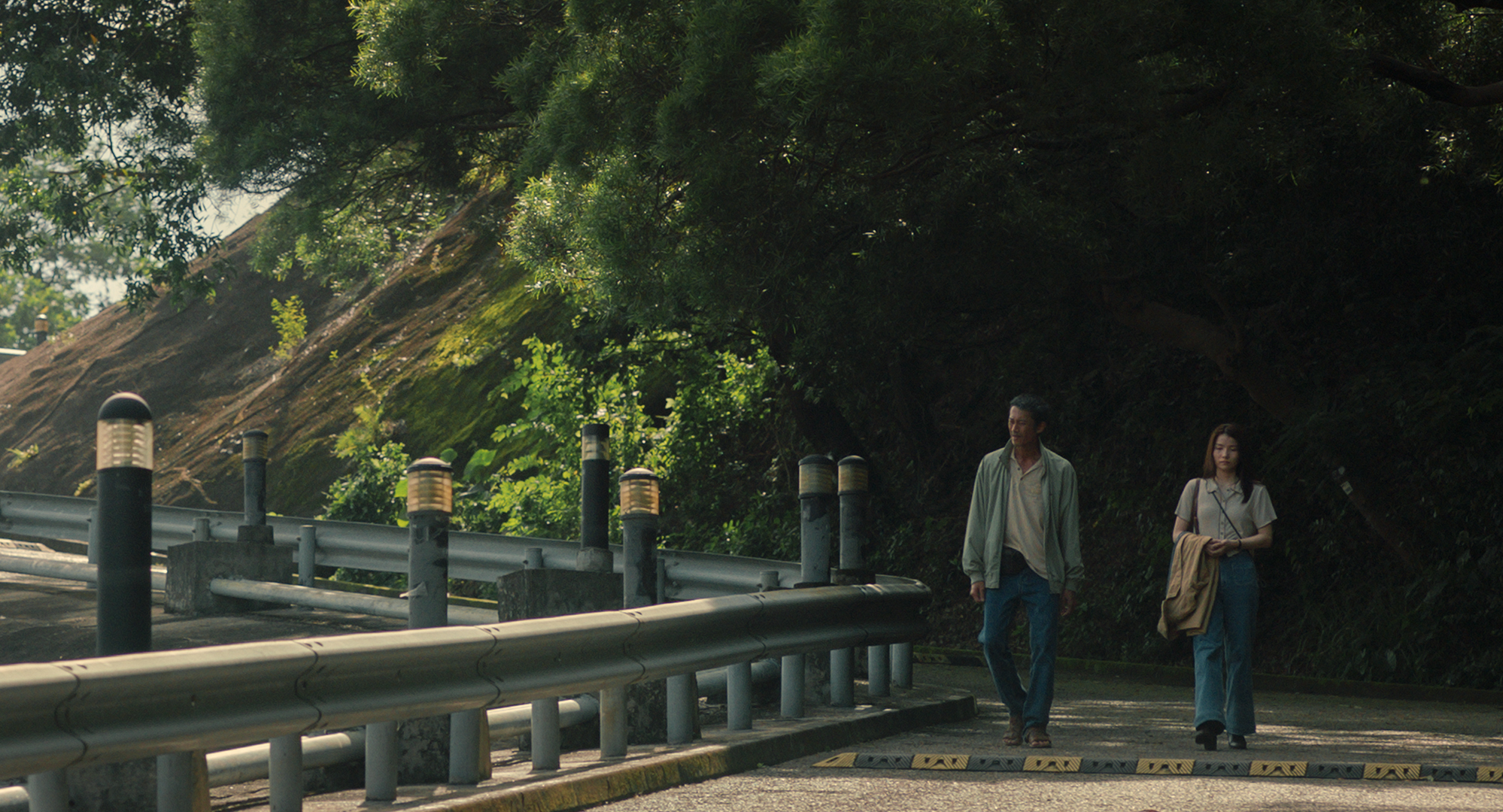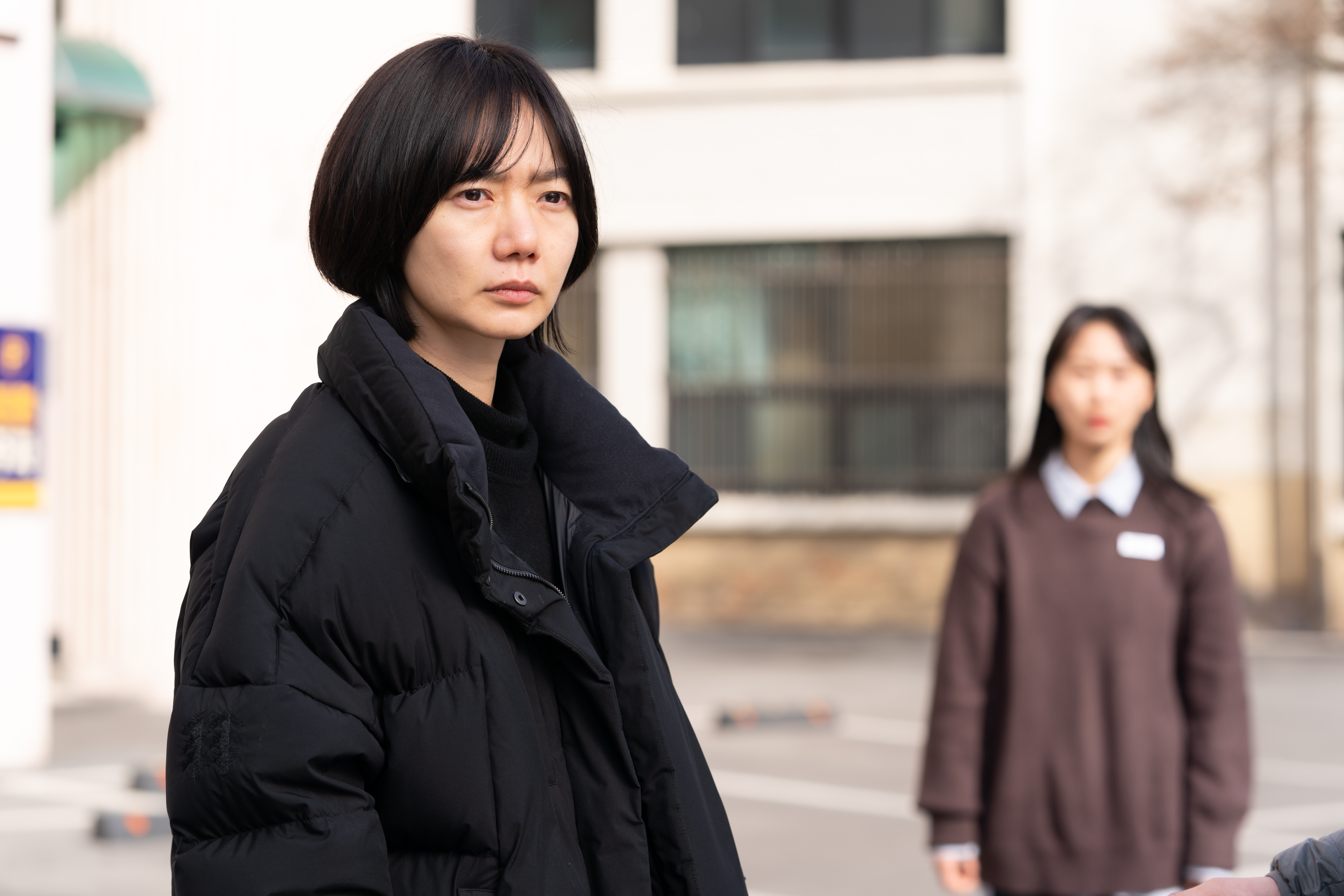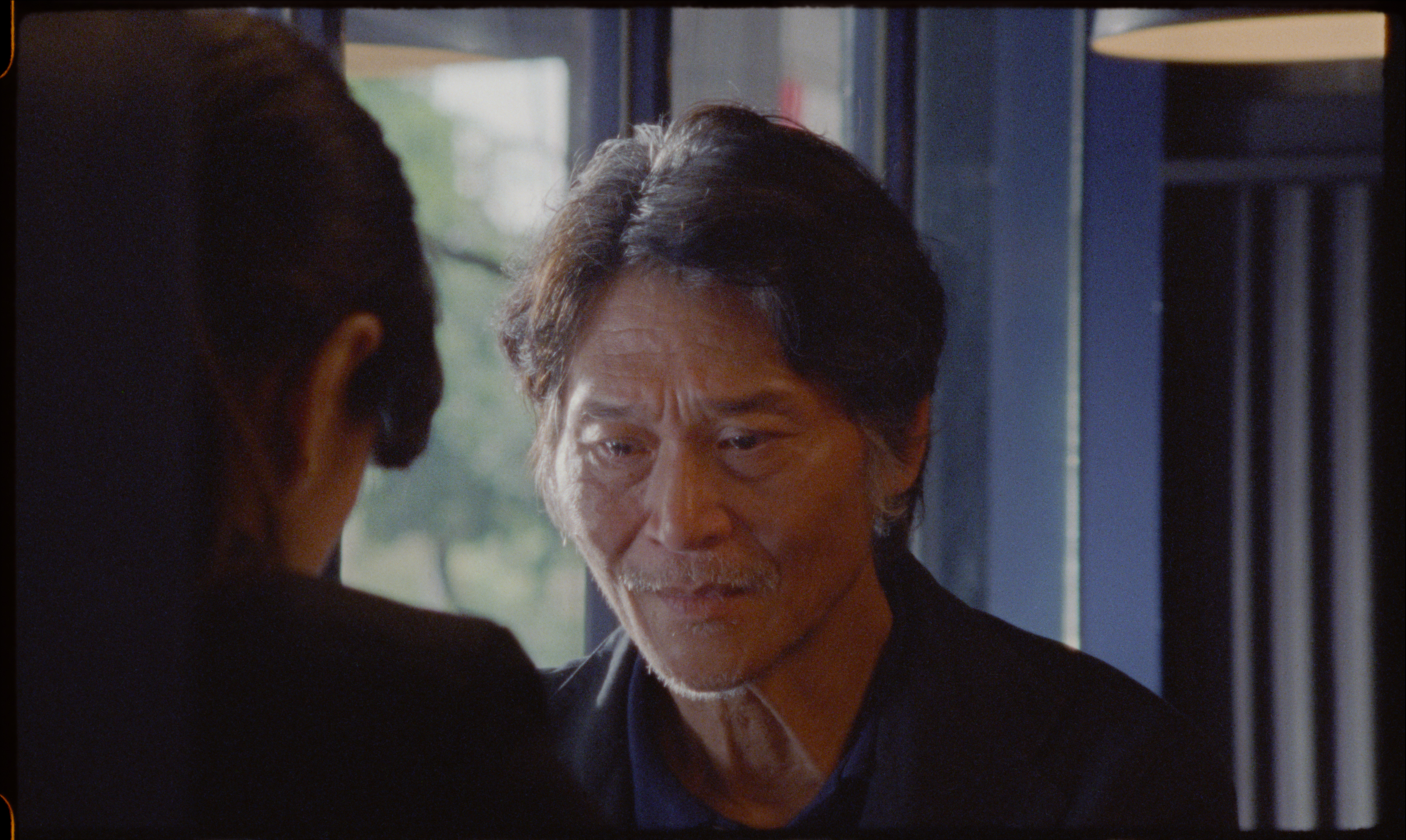但願人長久
Drama
Hong Kong
Language: Cantonese, Mandarin, Hunan Dialect, Japanese
Subtitles: English and Czech
Directing: Sasha Chuk
Starring: Sasha Chuk, Angela Yuen, Wu Kang-ren
Distributor: Golden Scene
Guest: Sasha Chuk
Opening ceremony of the 20th year of the FILMASIA festival in the theme of WOMEN OF ASIAN CINEMA in the presence of the director of the opening film, SASHA CHUK.
In the crucial year of 1997, eight-year-old Yuen arrives in Hong Kong to reunite with her father (Wu Kang-ren), who had immigrated to the city a while ago. Later, her sister arrives as well, and we follow their efforts to integrate into society despite social and language barriers. Fly Me to The Moon tells the story of a family, divided into three acts across twenty years. In each act, it gives the audience a glimpse into how the sisters cope with their surroundings in childhood, adolescence, and adulthood.
Sasha Chuk, who based the film on her own book, has proven herself to be a sensitive director, writer, and actress. Under the mentorship of Hong Kong great Stanley Kwan, she has found the tools to build on domestic film traditions in a progressive way. The film’s key narrative principle is recurring division and connection. The family is repeatedly shattered, relationships to one’s roots and identity are broken and restored again. The father, phenomenally portrayed by Wu Kang-ren, is similarly torn between the position of a loving parent and problematic drug user.
Fly Me to the Moon highlights the social barriers and prejudices faced by refugees, but also the complexity of family relationships, and empathetically shows where these can lead. But it also shows something else, the arrival of a huge filmmaking talent that every Hong Kong film fan should notice – Sasha Chuk.




